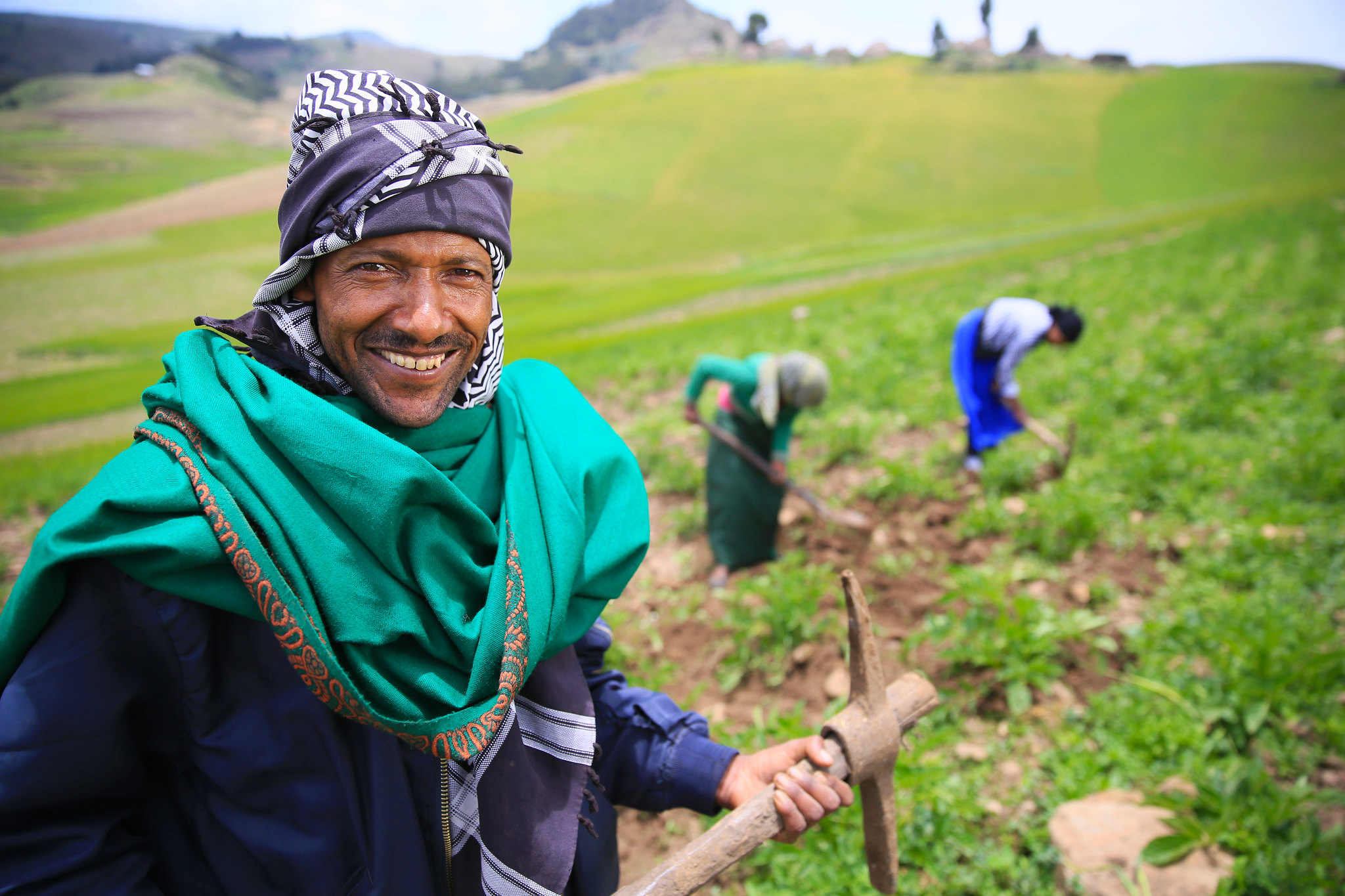ATAI Announces Funding for Two Full RCTs, Four Pilots, and Six Proposal Development Grants in 2022

Photo credit: Kieran McConville/Concern
In 2022, ATAI implemented two competitive funding competitions and awarded research funds to two full randomized evaluations, four pilot projects, and six proposal development grants in Bangladesh, Burkina Faso, Ethiopia, India, Kenya, Pakistan, Rwanda, Sengal, and Uganda. Click on the links below to read descriptions of funded projects.
- In Ethiopia, Susan Godlonton, Mesay Gebresilasse, and Jaleta Moti Debello examine the extent to which supply-side and demand-side interventions are complementary or substitutable in facilitating the adoption of small-scale mechanization services through a full randomized evaluation.
- Through a randomized evaluation, Erwin Bulte, Goytom Abraha Kahsay, and Fekadu Tefera Meka evaluate the impact of the community-based forest management (CBFM) policy in Oromia, Ethiopia, which began transferring management rights of forests to local communities in 1990 in an effort to improve resource management through community participation.
- In this pilot study, Iacopo Bianchi, Cristina Clerici, and Stefano Tripodi seek to understand barriers for women to hire productive labor for their plots in Uganda.
- In this pilot study, Aprajit Mahajan, Sayantan Mitra, and Shuo Yu will test incentives for adoption of agricultural interventions intended to increase soil carbon sequestration for farmers in Odisha, India.
- Jon Robinson, Shilpa Aggarwal, Alan Spearot, and Guanghong Xu establish a quality certification system for cassava-producing cooperatives in Rwanda to understand the impact of a quality certification market for cassava cuttings on crop disease, profits, and yields in this pilot study.
- In this pilot study, Michael Greenstone, Kelsey Jack, and Usman Naeem examine early stage impacts of a government program to provide subsidies to mechanize management of rice crop residue in Punjab, Pakistan.
ATAI funds small grants to support preliminary, exploratory research activities, including researcher travel. These grants facilitate opportunities for researchers and partners to develop trust and scope early-stage evaluation questions.
- In Senegal, Leah Bevis and partner organization Trees for the Future explore feasibility of a future randomized evaluation to understand women farmers’ adoption of irrigation technologies and Forest Gardens, an agroforestry approach of high-value tree crops and horticulture that provide high-nutrient food for consumption and sale, fuelwood, and fodder for animals.
- In Northern India, Piyush Gandhi investigates strategies to ameliorate stubble burning such as novel bio-enzymes which decompose stubble into manure on the farm and carbon credit markets to incentivize reduction of stubble burning.
- In Burkina Faso, Harounan Kazianga, Aliou Diallo, Soumaila Gansore, and Jacopo Bonan gather key stakeholders (producers, processessors and administrative agencies) to investigate contracting mechanisms that may improve the government’s framework to promote contract farming for a future intervention.
- In Bangladesh, Shweta Bhogale, Shefali Khanna, and Mohammad Yunus explore the feasibility of a future randomized evaluation in Bangladesh to evaluate the impacts of solar irrigation pumps on agricultural decisions and outcomes, and in doing so, address crucial barriers to productivity in South Asian agriculture, including highly fragmented smallholder farms, negative externalities from groundwater extraction, and low take-up of modern technologies.
- In Pakistan, Natalya Rahman and Soledad Artiz Prillaman investigate women’s role in agricultural governance and decision-making in Pakistan and explore interventions that would be suitable to test in a future rigorous impact evaluation.
- Luisa Cefala and Nicholas Swanson gather information about Avocado and Macadamia export markets in Kenya to investigate the feasibility of a future randomized evaluation on a large NGO program connecting small-scale producers to export markets.